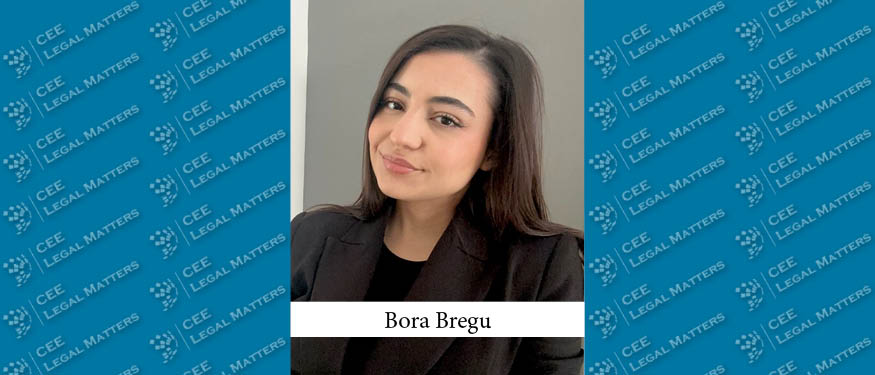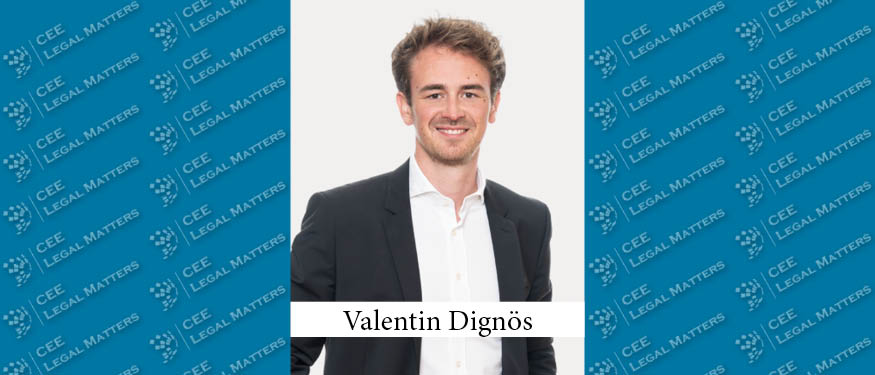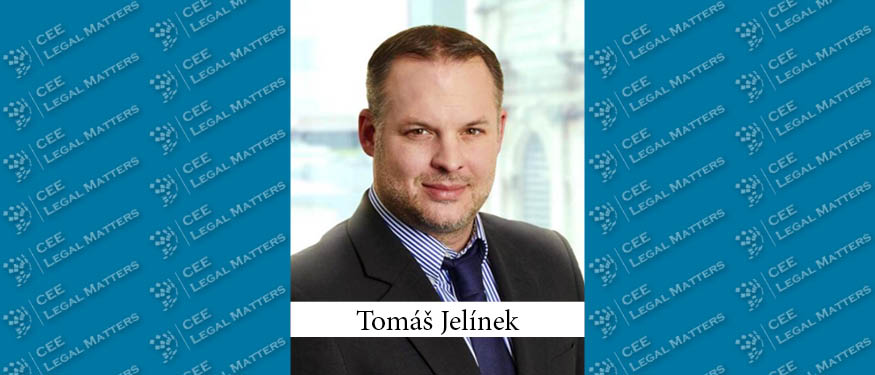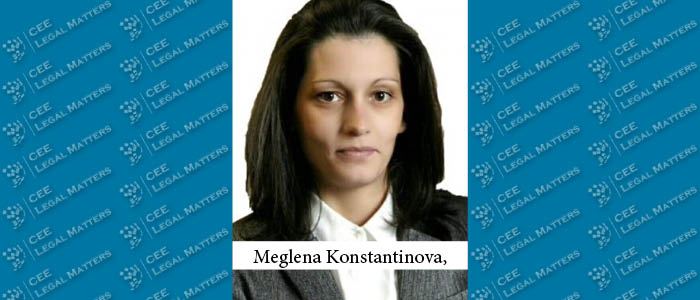Global business doesn’t stop at the border. Neither do contracts. Whether it’s a financing arrangement with a Dutch fund or a supply contract with a Romanian distributor, Moldovan companies routinely deal with foreign partners, and naturally, electronic signatures have become a tool of choice. But one simple question continues to surface: are electronic signatures issued by foreign trust service providers (TSPs not qualified in Moldova) treated the same as those issued locally?
New FDI rules in Hungary
An FDI notification obligation arises if a foreign investor - whether from a third country (non-EU) or, in certain cases, from an EU Member State, EEA State, or Switzerland - acquires a shareholding or influence in a Hungarian company operating in a strategic sector, based on the Hungarian Government Decree 561/2022 (XII. 23.) on FDI rules.
Hungarian Parliament Closes Transaction Tax Loophole Used by Revolut and other Neobanks
The Hungarian Parliament adopted a tax package in June, amending the Financial Transaction Tax Act to close existing loopholes and ensure that all market participants are subject to the tax.
Changes Impacting Construction in Albania
On date 02.07.2025, with Decision No. 30, the Council of Ministers approved changes and additions to Decision no. 42, dated 16.01.2008 “On the regulation that determines the criteria and procedures for granting professional licenses for construction.”
Ukraine Streamlines Rules on Communication with Employees During Martial Law and Suspension of Employment Relations
On 14 June 2025, Law of Ukraine "On Amendments to the Law of Ukraine "On the Organisation of Labour Relations under Martial Law" Regarding Information Exchange and Suspension of Employment Agreements" (the "Law") entered into force.
Amendment to the K-ROG: Effects on Wind Energy in Carinthia
The legal framework for the construction of wind turbines in Carinthia, Austria has been fundamentally altered by the latest amendment to the Carinthian Spatial Planning Act[1] (Kärntner Raumordnungsgesetzes, K-ROG). The amendment introduces several significant (temporary) changes that affect various aspects of the approval and construction of wind turbines.
Insolvency in Czech Law: What Creditors and Debtors Should Know
Czech insolvency law provides multiple options for resolving corporate insolvency. Alongside liquidation and reorganisation—which aim to wind down or rehabilitate a business—the law also offers preventive restructuring tools. These early intervention mechanisms allow a company to address temporary financial difficulties without initiating formal insolvency proceedings.
New Insurance Rules: Hungarian Chamber of Commerce and Industry Starts Enforcing Contractor Liability Coverage
Based on the provisions of Act C of 2023 on Hungarian Architecture (Hungarian Architecture Act), which entered into force on 1 October 2024, the liability insurance rules for contractors have changed. Contractors may now only undertake construction activities for which they have compulsory contractors' liability insurance, in addition to the previously introduced investments, subject to simple notification.
Moldova: Legal Monitoring Report
This Legal Monitoring Report highlights key legislative developments in Moldova, including the launch of a grant program for tech start-ups, proposed excise duty reductions for small producers, extended paternity leave, enhanced protections for minor employees, regulation of temporary agency work, and time limits on meal voucher usage. Tax updates feature a new regime for freelancers, extended deductions for rural tourism and sports facilities, broader non-taxable income categories, and incentives for SMEs.
Latvia Tightens Criminal Liability for Sanctions Violations
On 10 June 2025 Latvia completed the transposition of Directive (EU) 2024/1226 by amending three key statutes: the Criminal Law, the Law “On the Procedures for the Coming into Force and Application of the Criminal Law,” and the Law on International and National Sanctions of the Republic of Latvia.
Competition Law Breaches Affecting Labour Markets: Major EUR 329 Million Fine for Delivery Hero and Glovo
On 2 June 2025, the European Commission (“EC”) imposed a substantial EUR 329 million fine on Delivery Hero and Glovo for their involvement in a cartel in the online food delivery sector.
AI Chatbots: Fido in Poland
Artificial intelligence (AI) is entering the medical sector more and more boldly, transforming the healthcare system and changing the way patients and doctors communicate and how the process of caring for patients' health looks. One of the most exciting tools of this revolution are medical chatbots – AI-based programmes that support both patients and professionals by automating many tasks and offering personalised assistance.
Reform of Enforcement and Order for Payment Proceedings
On 1 July 2025, the provisions of the Civil Procedure Code (CPC) regulating the new provisions in Chapters Thirty-Six ‘Issuance of a Writ of Execution’ and Thirty-Seven ‘Order for Payment Proceedings’ came into force, after the original date was postponed by one year. Also on 1 July 2025, the amendments to Regulation No. N-2 of 18 February 2020, issued by the Minister of Justice, came into force.
The New Packaging Regulation, EPR and EU Accession: Is Albania Ready to Take the Green Step?
As Brussels adopts one of the most ambitious environmental regulations in recent years, Albania once again finds itself at a familiar crossroads. The country faces pressure to align but still lacks the institutional capacity and market readiness to act meaningfully.
The New Law on Labour Engagement of Persons – A True Reform or a Partial Solution?
With the adoption of a new legislative solution in the Republic of North Macedonia, introduced through the Law on Labour Engagement of Persons, which shall enter into force on 1 January 2026, a systemic and coherent framework will be established for the regulation of temporary and seasonal labour engagement. The primary objective of this law is to formalize a segment of the labour market that, to date, has remained largely unregulated or informal, with particular focus placed on three sectors: agriculture, hospitality, and domestic services.
EU Excludes Chinese Companies from Major Contracts in the Medical Device Sector
By Implementing Regulation (EU) 2025/1197, published on Friday, 20 June 2025, the European Commission decided to exclude companies from the People’s Republic of China (PRC) from public contracts for medical devices. This applies to contracts with an estimated value of more than five million euros. Furthermore, no more than 50% of the contract value may be passed on to Chinese companies.
Essential Rules for Pharmacies, Drugstores and Optical Retailers in Bulgaria
Given the growth of the Bulgarian pharmaceutical retail sector, it is essential to understand the legal framework governing the operation of pharmacies, drugstores, cosmetics counters and optical retailers. Each of these types of businesses is subject to specific regulatory requirements designed to safeguard public health, ensure quality control and maintain compliance with both national and EU legislation.
New Lobbying Law Effective from 1 July 2025 in the Czech Republic: What Will It Mean in Practice?
As of 1 July 2025, lobbying activities in the Czech Republic are subject to regulation for the first time. The new Regulation of Lobbying Act aims to enhance transparency by defining who qualifies as a lobbyist, identifying the targets of lobbying (primarily public officials) and introducing record-keeping obligations. A key element is the creation of a publicly accessible register, where lobbyists must disclose their identity and the parties they represent.

































